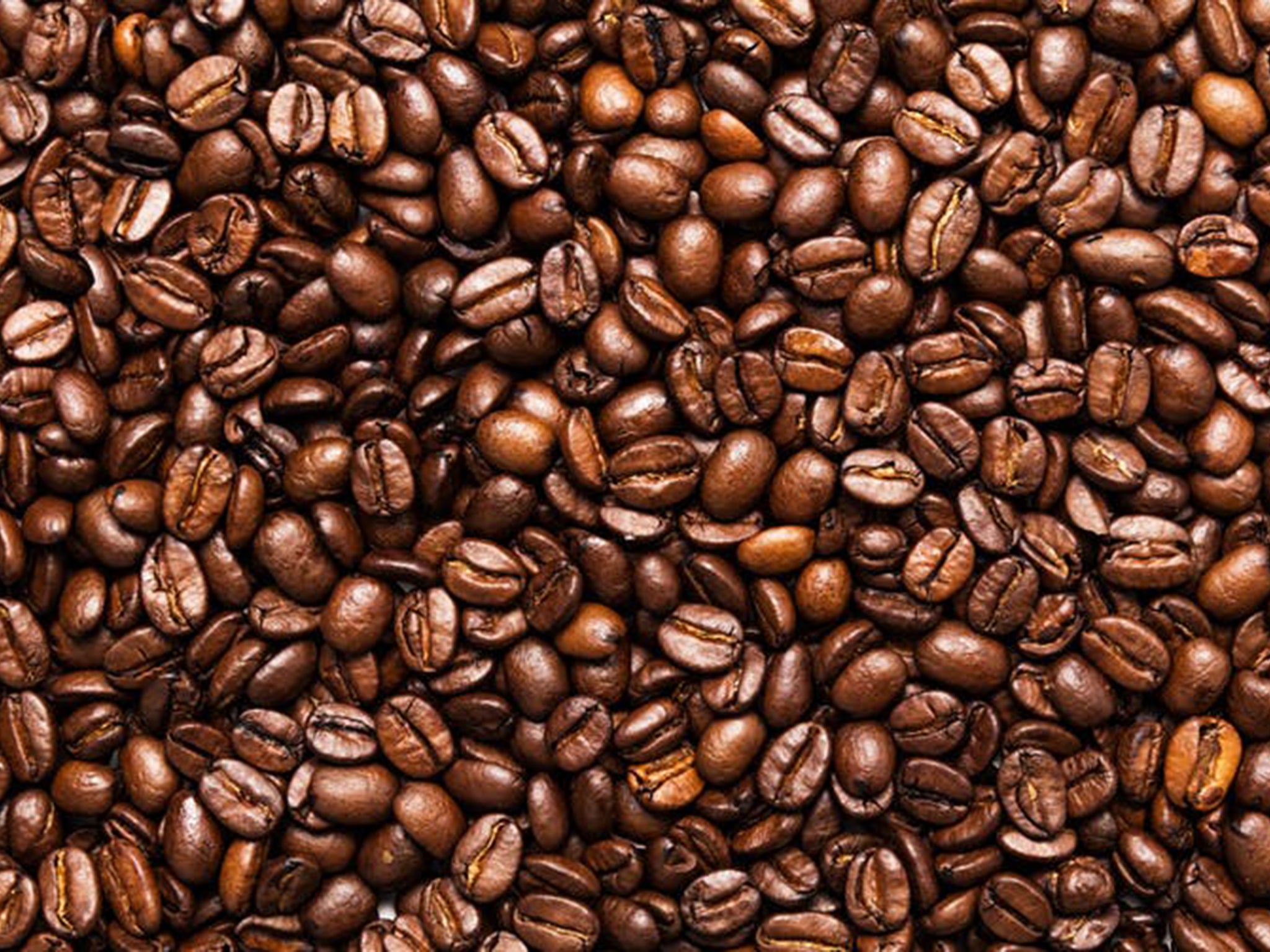Coffee could slow or even stop prostate cancer growth, new study shows
Kahweol acetate and cafestol compounds shown to inhibit tumour growth in cells resistant to anti-cancer drugs

Your support helps us to tell the story
From reproductive rights to climate change to Big Tech, The Independent is on the ground when the story is developing. Whether it's investigating the financials of Elon Musk's pro-Trump PAC or producing our latest documentary, 'The A Word', which shines a light on the American women fighting for reproductive rights, we know how important it is to parse out the facts from the messaging.
At such a critical moment in US history, we need reporters on the ground. Your donation allows us to keep sending journalists to speak to both sides of the story.
The Independent is trusted by Americans across the entire political spectrum. And unlike many other quality news outlets, we choose not to lock Americans out of our reporting and analysis with paywalls. We believe quality journalism should be available to everyone, paid for by those who can afford it.
Your support makes all the difference.Compounds found in coffee could slow or even stop prostate cancer growth, scientists have found.
Researchers in Japan studied the effects of two particular compounds commonly found in coffee beans in a pilot study examining tumour growth in mice cells.
Kahweol acetate and cafestol were shown to inhibit growth in cells which are resistant to common anti-cancer drugs.
The scientists urged caution in applying the results to humans, but said the compounds could become candidates to treat drug-resistant prostate cancer if results were confirmed.
The hydrocarbon compounds, which can be found in espresso, are often stripped out in filtered coffee.
The findings, published in the journal The Prostate, were presented at the 34th European Association of Urology Congress in Barcelona.
The study leader, Dr Hiroaki Iwamoto of Kanazawa University Graduate School of Medical Science, said: “We found that kahweol acetate and cafestol inhibited the growth of the cancer cells in mice, but the combination seemed to work synergistically, leading to a significantly slower tumour growth than in untreated mice.”
“After 11 days, the untreated tumours had grown by around three and a half times the original volume (342 per cent), whereas the tumours in the mice treated with both compounds had grown by around just over one and a half (167 per cent) times the original size.”

The research team initially looked at six compounds found in coffee, testing them on human prostate cancer cells in a dish and then on 16 mice, four of whom were controls.
They found that cells treated with kahweol acetate and cafestol grew more slowly than controls.
Striking a note of caution, Dr Iwamoto added: “This is a pilot study, so this work shows that the use of these compounds is scientifically feasible, but needs further investigation; it does not mean that the findings can yet be applied to humans.
“It is important to keep these findings in perspective. We also found the growth reduction in transplanted tumour cells, rather than in native tumour cells. It has not yet been tested in humans.
He added: “What it does show is that these compounds appear to have an effect on drug resistant cells prostate cancer cells in the right circumstances, and that they too need further investigation.
“We are currently considering how we might test these findings in a larger sample, and then in humans.”
Professor Atsushi Mizokami, also from Kanazawa University Graduate School of Medical Science, added: “These are promising findings, but they should not make people change their coffee consumption.
“Coffee can have both positive and negative effects so we need to find out more about the mechanisms behind these findings before we can think about clinical applications.
“However, if we can confirm these results, we may have candidates to treat drug-resistant prostate cancer.”
SWNS
Join our commenting forum
Join thought-provoking conversations, follow other Independent readers and see their replies
Comments